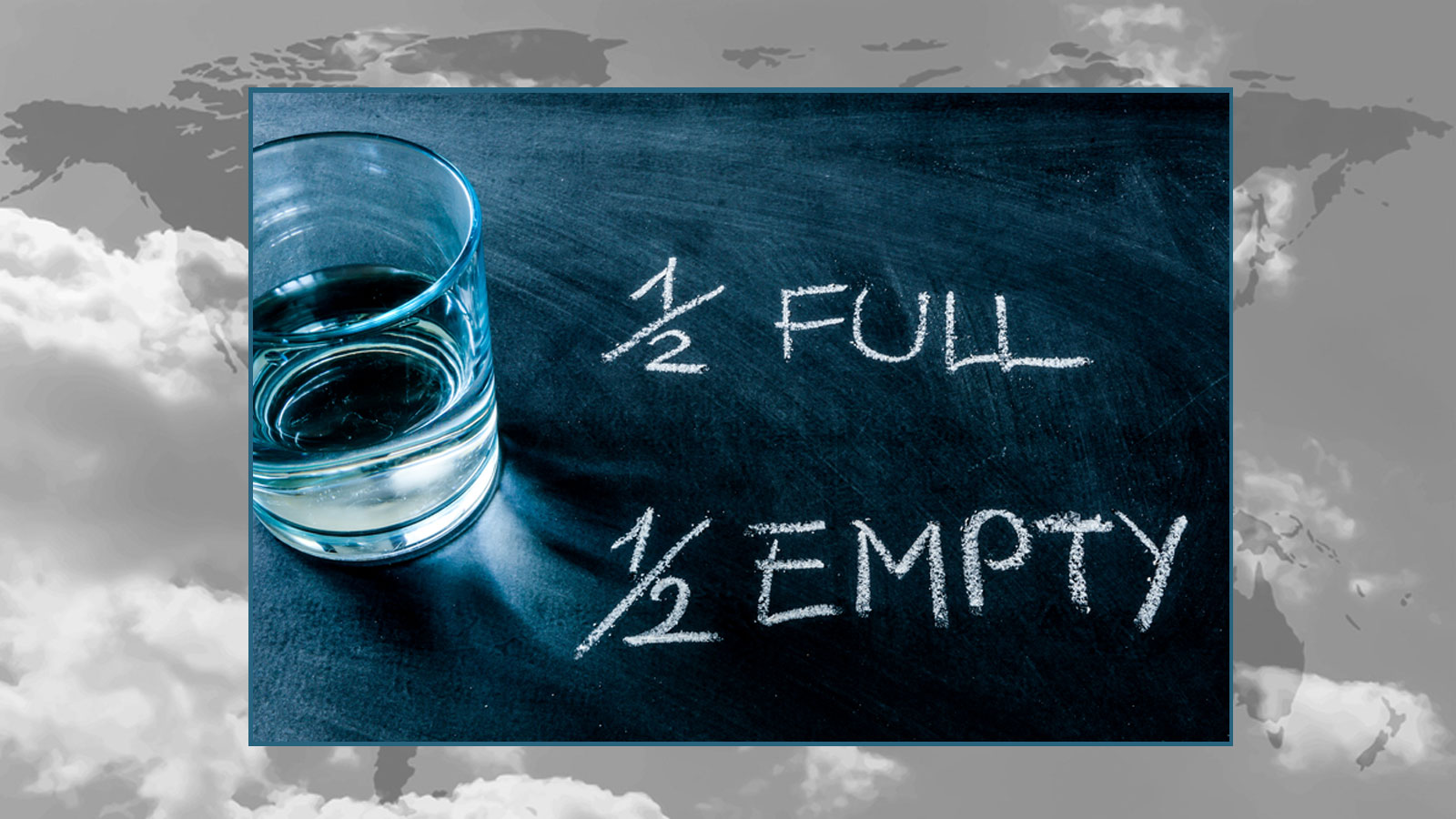“A glass half-full, a glass half-empty.”
“With one arm tied behind your back.”
“Half a loaf” and, in football “a Hail Mary pass.”
In contemplating the path of the COP26 climate change summit at and through Glasgow, the metaphors mount. OK, call them clichés if you must, but they arise because they’re just so darned apt.
In any case, who wouldn’t – spoiler alert, here comes another one – want to be “on top of their game” for such an event. Take, for instance, the Atlanta Braves in that 7-0 sixth game giving them the World Series.
… and certainly with “all your ducks in a row.”
Would that it were so for the president and the U.S. in Glasgow.
The COP26 meeting, after all, has been widely described as the world’s last-chance opportunity to curtail the existential impacts of the warming planet. The Economist upped the ante: “There has never been a collective human endeavour more ambitious than stabilizing the climate.”
Surely you’d want – and you’d want those representing you to have – your “A game” in going to such a meeting of many, albeit not all, global leaders addressing paths ahead.
But it wasn’t to be. Our president went abroad first to the G7 meeting involving many of the planet’s wealthiest economies and from there on to Glasgow for COP26. Both without his hoped-for full arrow of quivers. Without possibly having his best foot forward. Ah, the metaphors.
Promises, promises … but still no final climate legislation passed …
Far from arriving in Italy and then in Scotland with the ink already dry on major infrastructure and climate action bills signed into law, the U.S. was reduced to limping overseas with real but as yet unfulfilled promises of the U.S.’s soon doing better, doing more. The elected leaders in Congress from Biden’s own Democratic party couldn’t do so on his schedule. So they’ll all have to proceed with doing it on their own schedules. You’ve heard that one before, sort of like the Houston Astros awaiting a never-to-happen seventh and decisive game before putting a run on the scoreboard?
Even if, as many expect, both final pieces of legislation, however diminished from earlier versions, manage to limp across the finish line, they will have done so only after the final COP26 score is officially tallied.
… yet some notable accomplishments in Glasgow, with still a week to go
Mind you, President Biden did carry to the G20 summit in Rome, and even more forcefully to Glasgow, his long-stated promises to do much to address climate concerns. Yet, no legislation to that effect, at least not yet. His commitment on better controlling global deforestation is not without merit. Far from it, notwithstanding similar and earlier commitments in the past and their having gone … not so well.
And granted too that the president’s properly voiced concerns about methane and plans to address it head-on also are notable, particularly given similar expressions of methane angst from so many other countries. Biden’s advocacy on these methane and deforestation issues unquestionably was key to scoring these global agreements.
Meanwhile, back in Washington, questions persist
But back on the home front, the U.S. Supreme Court was raising fresh concerns about its view on the legality of EPA’s regulating carbon dioxide, leading to new worries about the staying power of the Court’s landmark 5-4 decision in Massachusetts v. EPA in 2007, finding carbon dioxide a pollutant under the Clean Air Act and therefore subject to EPA regulation.
Add to that the shadowy doubts arising from West Virginia’s Democratic Senator Joe Manchin, as chair of the Senate Energy and Natural Resources Committee certain to be a key Capitol Hill player on any upcoming climate legislation affecting his home state’s coal interests.
What, then, is “success” when it comes to measuring the impacts of COP26? Is it merely more back-patting and high-fiving happy-face expressions of concern? More words and voices of commitment, from the many countries participating (which is not to mention those national leaders from China, Russia, Brazil, and others noticeably missing in action).
And now comes the hard part …
In this context, it’s critical to recognize the U.S.’s renewed and essential role as the critical influencer in world affairs, often giving it an outsized role in either accelerating or impeding progress at COP meetings, depending on the current state of U.S. politics in a given year.
That said, it was and is, in these post-World Series days of ripe metaphors, a “short bench” of durable accomplishments that Biden could carry with him to Glasgow: not legislation, but rather executive actions and regulations subject to overturn by a future administration and to court challenges over the near term.
Add to it all the no-doubt “chilling” impacts of an ongoing global pandemic and of the current energy worries and price increases afflicting much of the world, certainly including the U.S. and much of Western Europe. And the beat only goes on.
Glasgow and COP26 not so long from now will transition to past-tense references. It’s only then that a real measure of the meeting’s successes and disappointments can be tallied.
Post-Glasgow and post-COP26: Then comes the hard part. We may by then all wish we indeed had put our best foot forward from the git-go.
But, like it or not, it just wasn’t to be. And we didn’t.


